Eve Bohnett
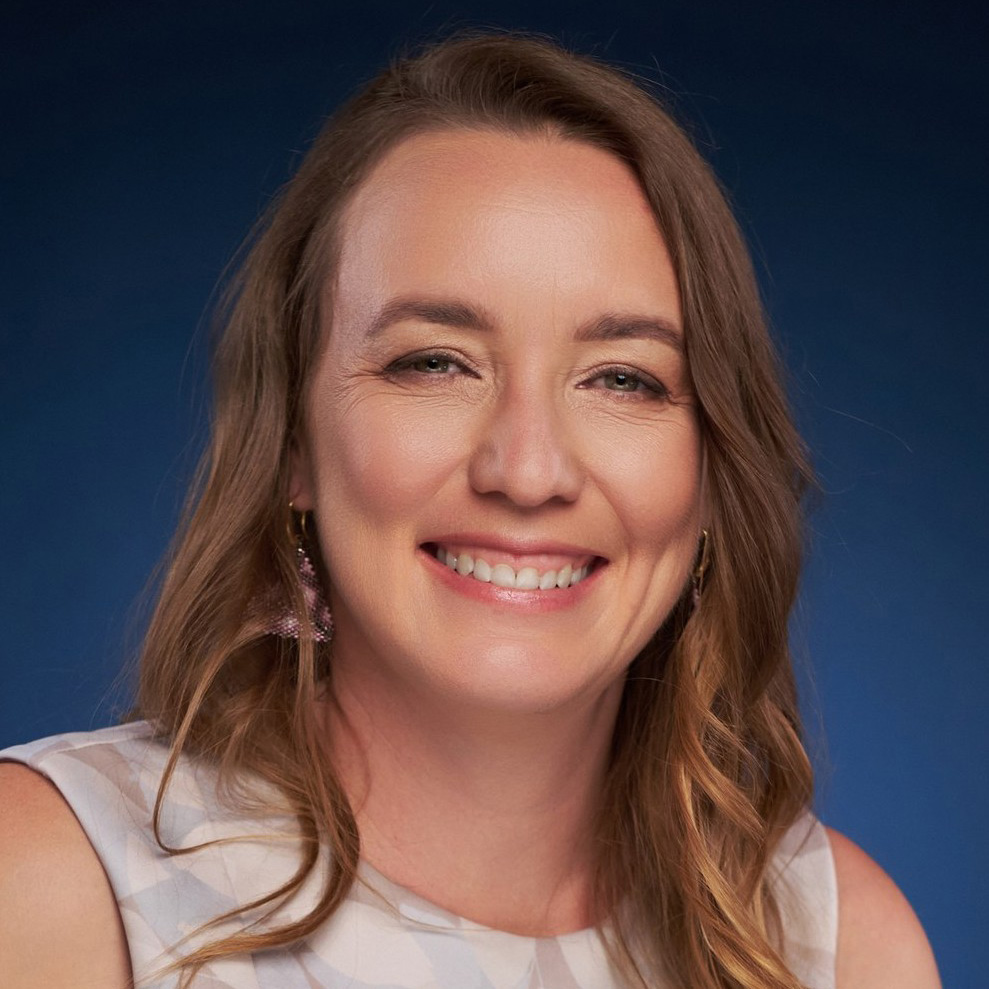
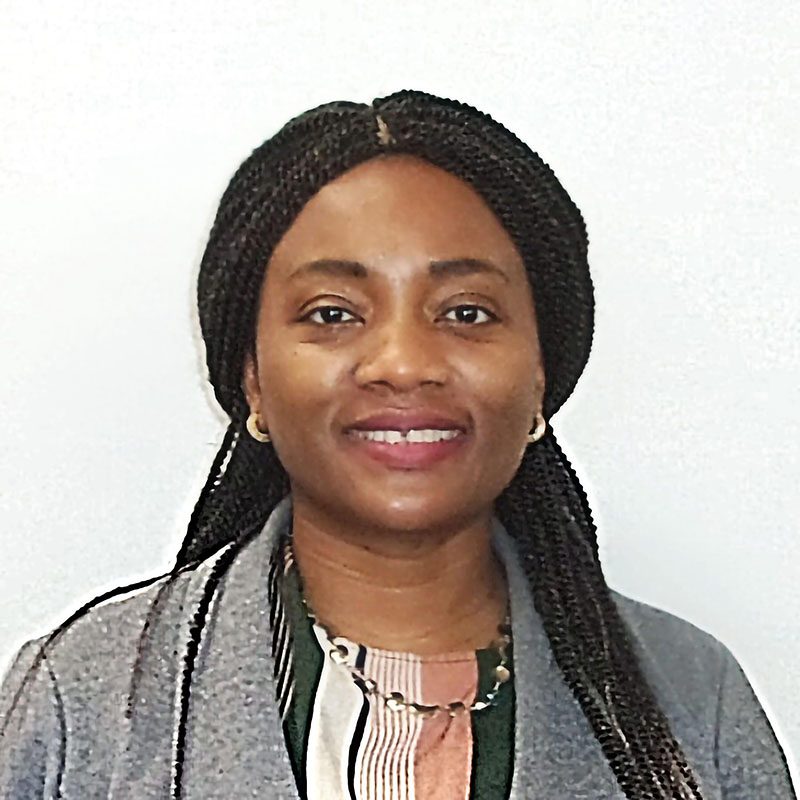
Patricia Kio holds a Ph.D. in Architecture with a specialization in circular economy from Texas A&M University. In recognition of her work, Kio was the recipient of the King Student Medal Award for Excellence in Architectural + Environmental Research at the College of Architecture at Texas A&M University. She is a member of the Nigerian Institute of Architects. Kio has published several peer-reviewed articles in highly preferred journals such as Journal of Cleaner Production, Energy and Buildings, and Waste and Biomass Valorization. She is a reviewer for the Engineering, Construction and Architectural Management Journal and a few others. In addition, Kio serves on the Editorial Board of TAD (Technology | Architecture + Design) Journal. Kio was an Assistant Professor at Fitchburg State University. Her teaching and research interests include architectural design, building construction systems, sustainable architecture, materials, environmental systems integration, and smart circular economy. She is gratefully raising two daughters with her loving husband. They enjoy reading, watching movies, and playing board games.
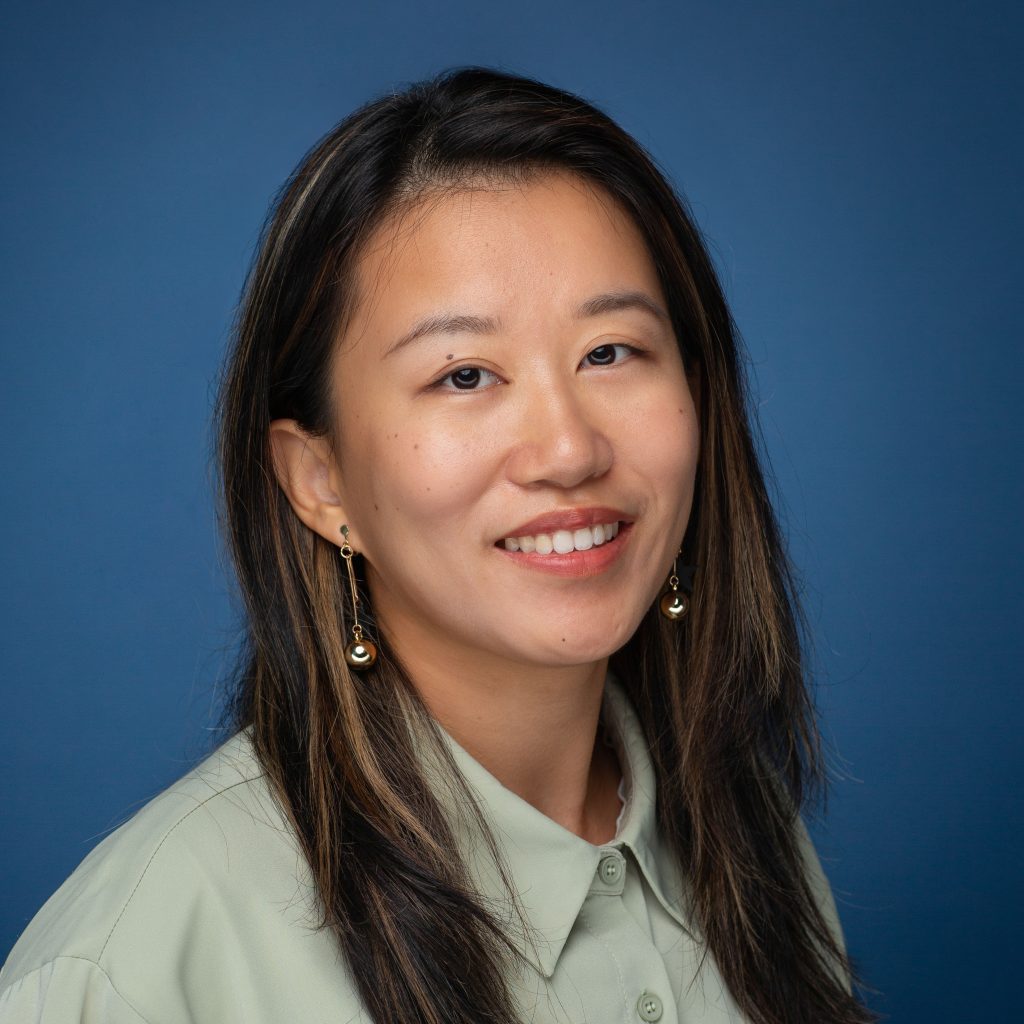
Vivian Wong holds a Ph.D. in Civil and Environmental Engineering and a minor in Computer Science from Stanford University, with research interests in the interface of data-driven methods and urban systems. Her research combines spatio-temporal analysis with practical implementations to manage the flow of people, goods and services in space and through time, with the overarching goal of establishing a safe, efficient and inclusive urban societal system. She received her bachelor’s in Civil Engineering from UIUC in 2017 and her master’s in Civil Engineering from Stanford in 2019.
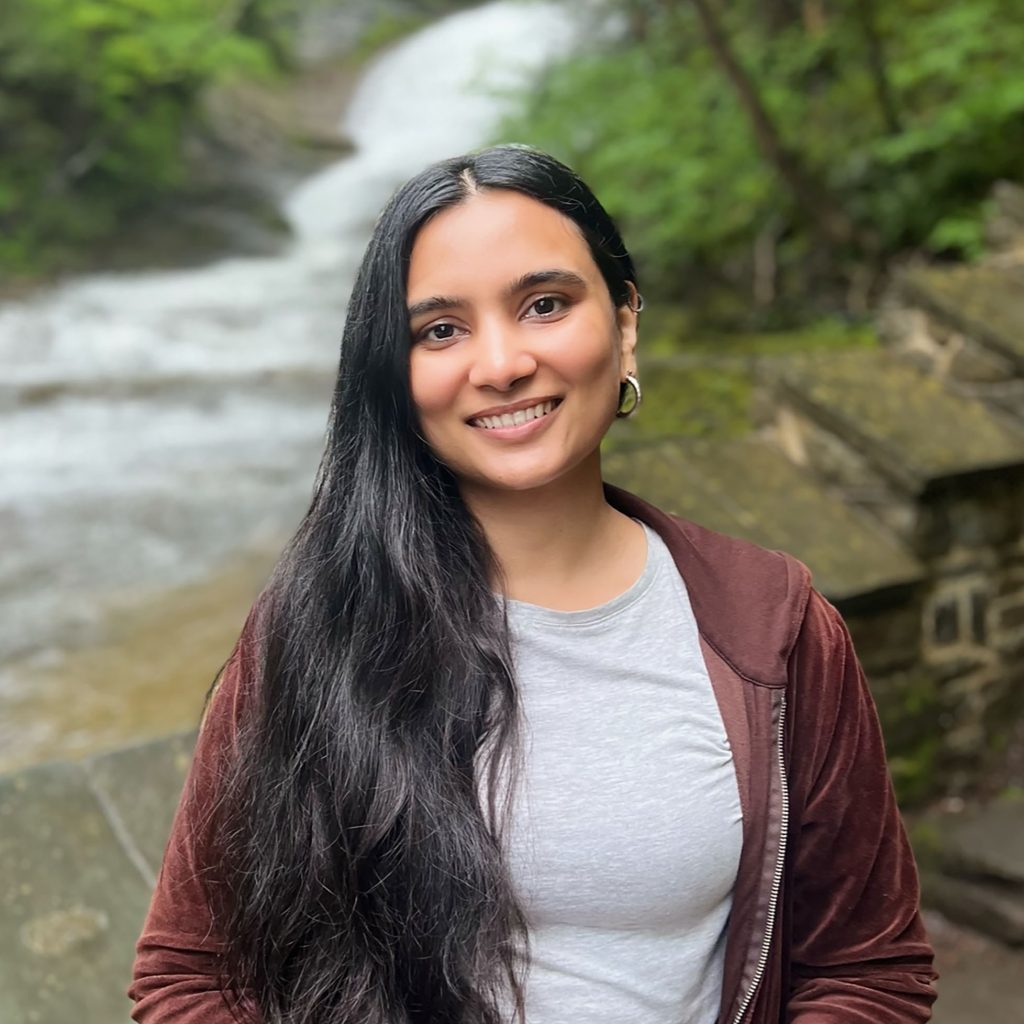
Shankar has been a practicing architect and landscape architect in India since 2016. Most recently, her research with the New York State Water Resources Institute at Cornell University was on equity in water infrastructure, advancing climate adaptation tools in landscape design and planning, and conducting research and outreach to support communities in implementing flood resilience projects. Shankar’s teaching and research interests lie in the use of design communication to reframe the role of the landscape architect in decolonial processes.
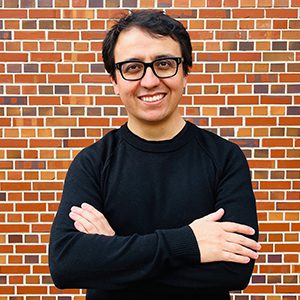
Christian Calle Figueroa Read More »
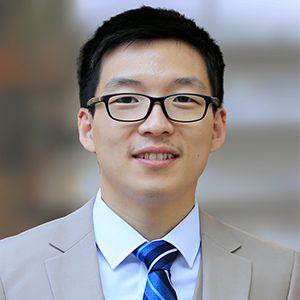
Changjie is a planner and statistician whose research emphasis is directed at the simulation of future land-use scenarios and transportation modeling by integrating spatial analytics, High-Performance Computing (HPC), and Artificial Intelligence (AI) algorithms.
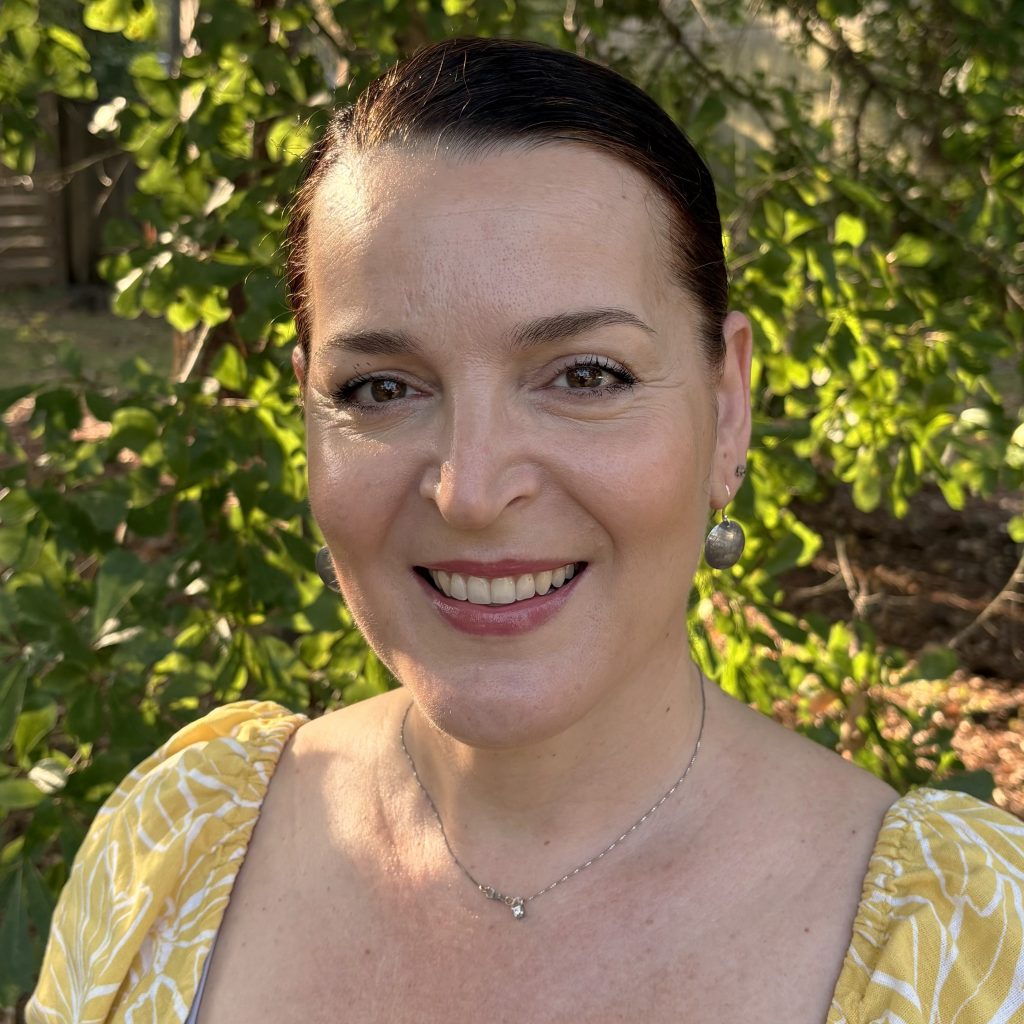
Ph.D. in Design, Construction, Planning, University of Florida, College of Design, Construction, and Planning
Degree in Architecture, Università IUAV di Venezia
Biography:
CARLA BRISOTTO, Ph.D. is an Assistant Professor in the School of Architecture. Dr. Brisotto is an interdisciplinary researcher, urban theorist, and licensed architect from Italy. She previously served as the Assistant Director and Assistant Scholar at the Florida Institute for Built Environment Resilience (FIBER) at the University of Florida (UF). Brisotto holds a Ph.D. in Design, Construction, and Planning from UF and an Architecture degree from the University IUAV of Venice. At the core of Brisotto’s research lies the intersection of urbanism and environmental narratives. Her research focuses on productive and cultural landscapes in relation to climate through both contemporary and historical lenses. More recently, she has been conducting research that examines how people engage in self-resilient practices of disaster coping mechanisms to inspire more resilient design strategies. Brisotto also works with local governments to support capacity building, communicating highly technical and scientific research to residents, and educating about community resiliency to facilitate collaborations and partnerships.
Brisotto has published a book, ‘Re-Imagining Resilient Productive Landscapes: Perspectives from Planning History,’ (IPHS first place in the edited book category) along with book chapters, double-peer-reviewed papers, proceedings, and presentations at several national and international conferences. She has been teaching History and Theory of Architecture, Urban Design and Planning, and seminars on Urbanism and Resiliency. Beyond UF, Brisotto has collaborated with institutions like Morgan State University, Politecnico di Milano, and Drury University, emphasizing a commitment to teaching, research, and service in urban design internationally.
Keywords: Urbanism, Cultural Landscape, Community Design and Planning, Resilient Design, Qualitative Research, Mixed Methods, Storytelling
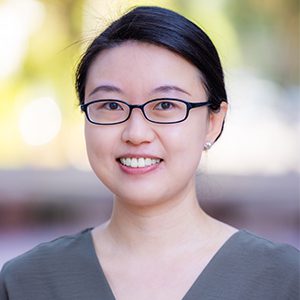
University of Florida, PhD Urban Planning, 2021
University of Florida, M.S. Statistics, 2019
Bauhaus University, M.S. Advanced Urbanism, 2014
Tongji University, Master of Engineering, Urban Planning, 2014
Tongji University, Bachelor of Engineering, Urban Planning and Design, 2011
RESEARCH AREAS
• Transportation safety
• Geospatial analysis
• Urban planning and design
• Automation of GIS
BIO
Xingjing Xu has joined the University of Florida Department of Urban and Regional Planning in 2022 as a Research Assistant Scientist. She has extensive experience in transportation safety analysis and geospatial techniques in urban planning and design. Her research work includes transportation safety studies and automated GIS application developments.
She received her Ph.D. with a concentration in urban planning and a Master of science in statistics from University of Florida. She also holds a Bachelor and a Master of Engineering in urban planning and design from Tongji University. She worked as an urban planner at Shanghai Tongji Urban Planning & Design Institute, and her practitioner work includes urban design and ecocity technologies.
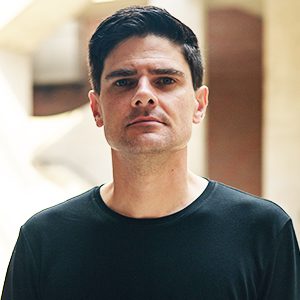
• Ph.D., North Carolina State University, 2022
• MLA, Ball State University, 2011
• BS, North Carolina State University, 2007
Nicholas Serrano came to UF from the Robert Reich School of Landscape Architecture at Louisiana State University where he holds the Neil Odenwald Professorship. He has a Bachelor of Science in horticulture from North Carolina State University, a Master of landscape architecture from Ball State University, and a Ph.D. in the design program at North Carolina State University. Nicholas has taught introductory ecology, ornamental landscape plants, planting design, and various histories of the built environment at North Carolina State University and Ball State University. His main research project looks at the history of landscape architecture and urban development of the American South. His writing spans the disciplines of Landscape and Environmental History, Southern Studies, and Material Culture to consider the construction of racial identity through the built environment. His secondary research and teaching interests are in contemporary planting design and horticultural technologies in landscape architecture.
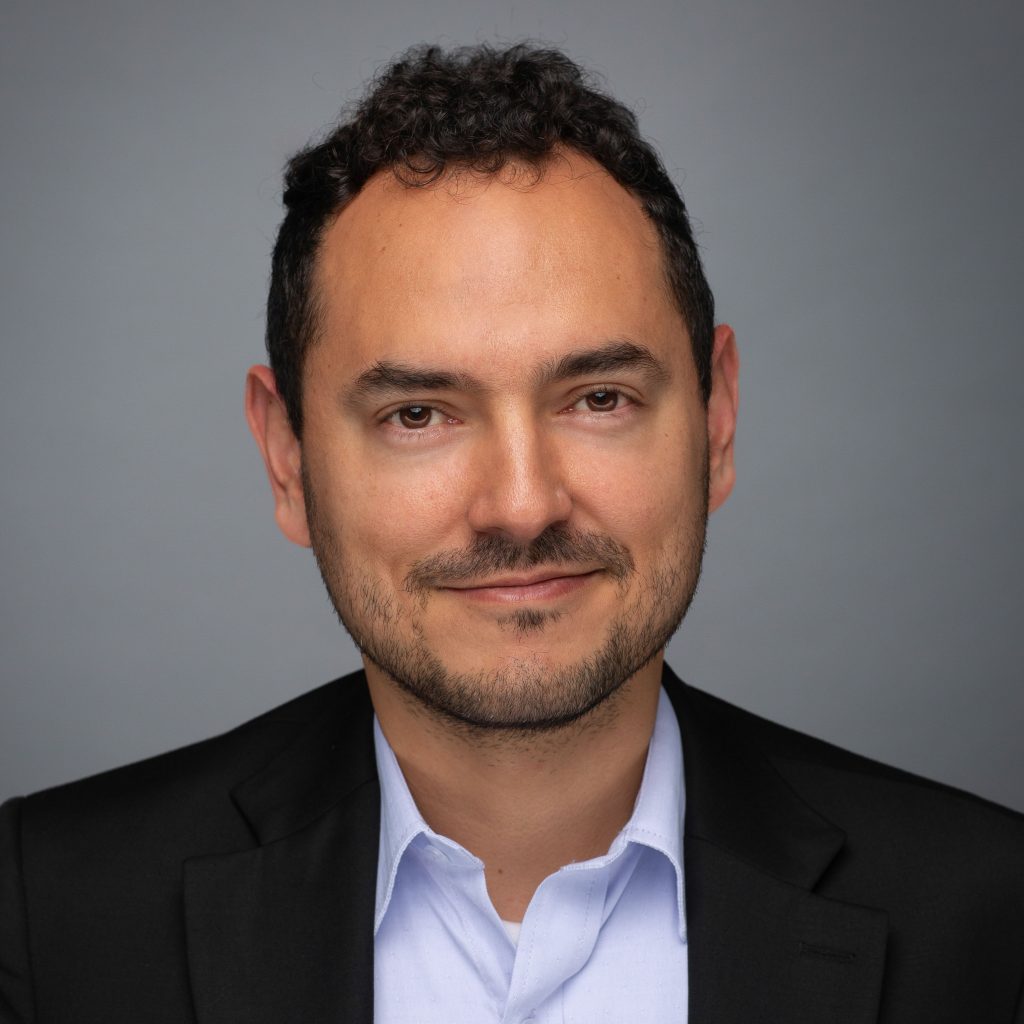
PhD, Universidad de los Andes, 2022
Google Scholar | LinkedIn | ResearchGate
Before joining Rinker, Dr. Gabriel Castelblanco was an Assistant Professor in the Department of Management Engineering at the Polytechnic University of Turin in Italy, Lecturer and ad-hoc researcher in the School of Engineering at the University of Central Lancashire (UK). He taught Project Management and Construction Project Management. He has collaborated with universities in Latin America (Chile and Colombia), Europe (the Netherlands, the UK, and Italy), and an Australian research center (CSIRO – Commonwealth Scientific and Industrial Research Organisation). Dr. Castelblanco also worked as a practitioner for more than eight years in Real Estate Project Management.
His research focuses on decision support systems, governance, and risk analysis for alternative project deliveries. He has published over 20 peer-reviewed papers in the fields of P3s and project finance. He is also an Associate Member of the ASCE and a reviewer for its Journal of Management in Engineering and the Journal of Construction Engineering and Management. His experience as a project management practitioner adds value to his academic role to guide students in combining theoretical principles with real-world experience. He encourages students’ collaborative problem-solving approach in an environment where making mistakes is safe, which empowers them to bring their experiences and prior knowledge to the class.
Gabriel Castelblanco Read More »